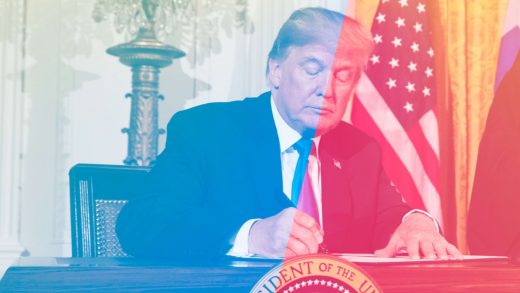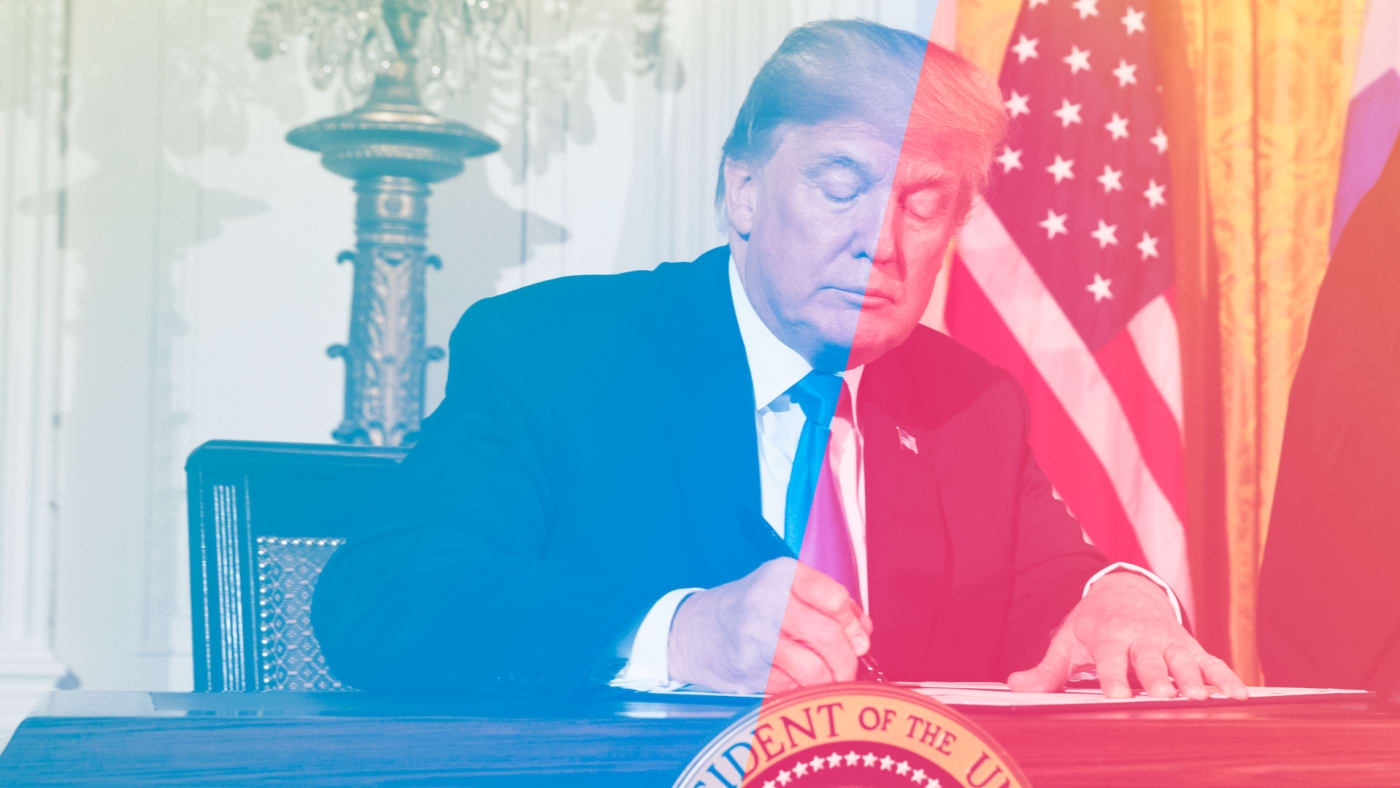We analyzed Trump’s Kim Jong-un letter: It’s a bad breakup note
This morning, U.S. President Donald Trump sent North Korean leader Kim Jong-un a letter canceling their planned Singapore summit–and it sure was a doozy.
In his two-paragraph epistle, the commander-in-chief adopts the rhetoric of a man who feels personally spurned; it reads like a betrayed lover’s, “No I’m dumping you!” text message dashed off at 2 a.m., more than a calculated piece of diplomacy. Here’s why.
It’s all about “me” and “you”
“We greatly appreciate your time, patience, and effort,” Trump begins–and then quickly shifts toward much more personal language. By the third sentence, that first-person plural pronoun (“we”) becomes singular; now it’s about “you” and “I”: “I was very much looking forward to being there with you,” the President mopes. He then maintains this intimate perspective throughout the letter, using “I” and “you” six times each.
This isn’t that surprising. Trump has a habit of personalizing everything; even a meeting about the denuclearization of a rogue nation becomes a tragicomedy of manners. Likewise, he frames the “release of the hostages” as “a beautiful gesture,” like a kindness performed in a Victorian novel.
As a result, there’s little in the letter that suggests the existence of a larger vision for addressing the urgent problem of nuclear containment. Indeed, Trump offers no explanation for why canceling the summit is to the “detriment of the world.”
There’s an air of dashed hopes and longing
Ever regret a breakup and hold out hopes of getting back together with the person who dumped you? Trump’s letter has the ring of someone who feels that way. “Sadly, based on the tremendous anger and open hostility displayed in your most recent statement, I feel it is inappropriate, at this time, to have this long-planned meeting,” he writes, later turning to underscore what might have been: “I felt a wonderful dialogue was building up between you and me, and ultimately, it is only that dialogue that matters.”
As with any spurned lover, Trump leaves the door open–but in a way that isn’t clear about what he hopes might happen next–and doesn’t touch on the underlying issues that led to things, you know, just not working out between us. Instead, he flatly states, “If you change your mind having to do with this most important summit, please do not hesitate to call me or write.”
Slings, arrows, and nuclear missiles
Finally, Trump hurls several barbs that seem incongruous with his more conciliatory statements, just like any embittered ex might do. He begins awkwardly but sharply, by noting that “the meeting was requested by North Korea, but that to us is totally irrelevant.” The top priority, it seems, is to apportion blame–who did what to ruin things matters at least as much as global security. He notes, tauntingly, that the U.S. possesses “massive and powerful” nuclear capabilities, insinuating that Kim better not step out of line.
What this passive-aggressive posturing doesn’t leave much room for is a reasoned explanation for why the U.S. believes North Korea is playing such a dangerous role. There’s similarly no hint of Trump’s vision for a more peaceful and secure world.
But the U.S. president is being consistent. He’s never really acted like a statesman, yet he has ample practice playing the role of someone who’s been deeply and personally hurt–and wants to hurt the culprit back.
(17)



